Fast, reliable septic tank pumping that prevents backups and keeps your home running smoothly.
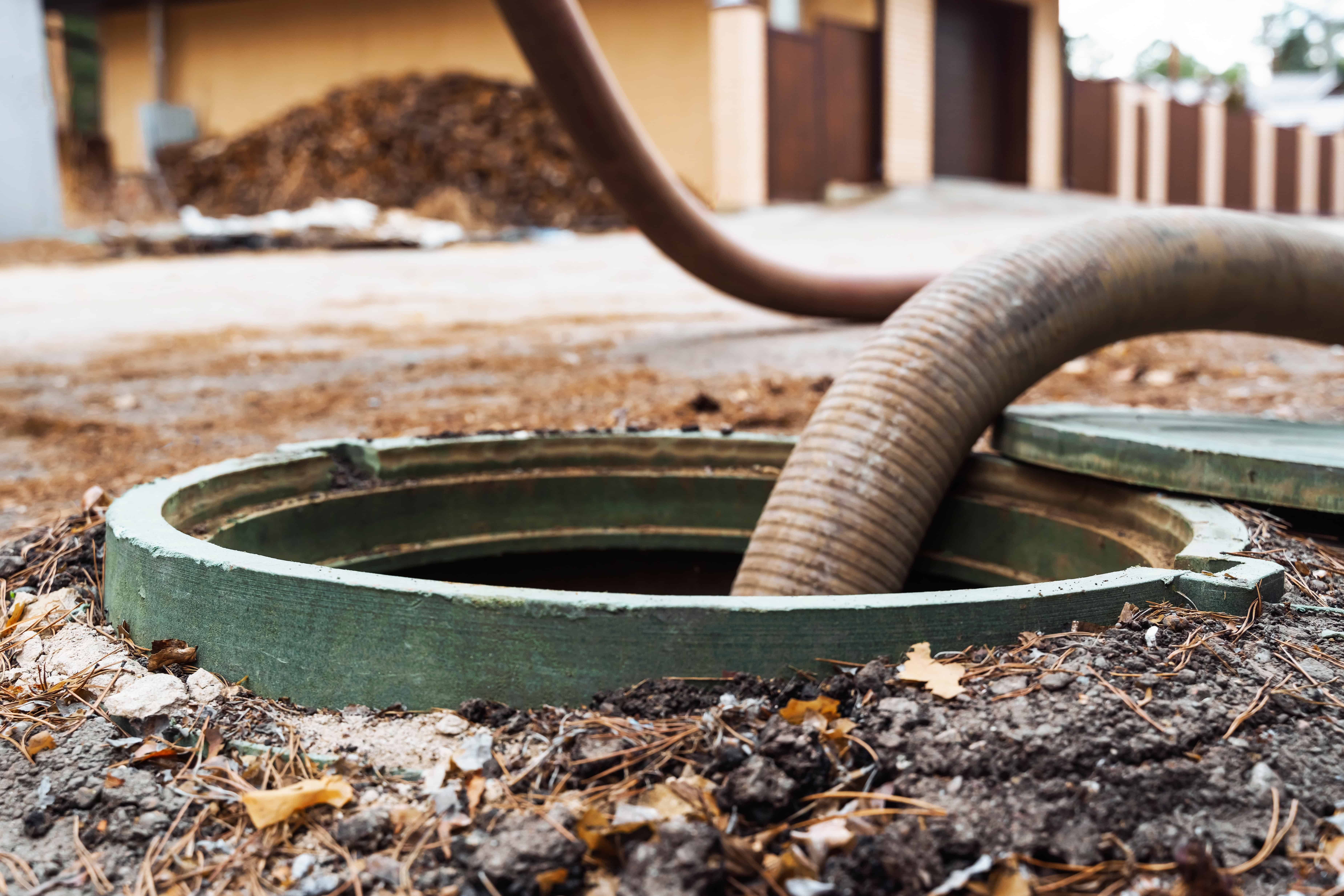
Hear from Our Customers
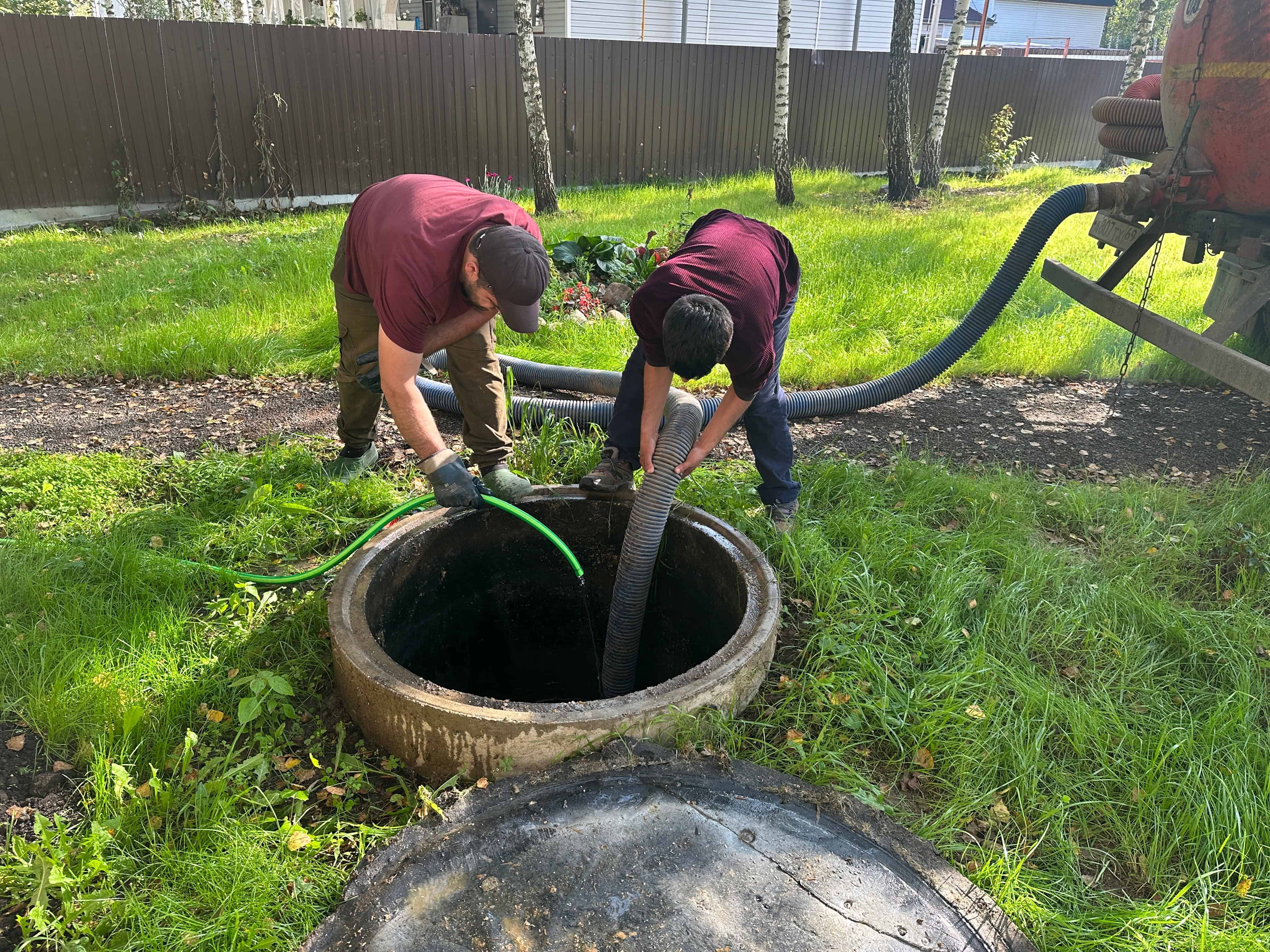
You know that sinking feeling when your toilets start backing up or you catch a whiff of something nasty near your septic area. Your septic tank is full, and it’s not going to fix itself.
Regular septic tank pumping eliminates these problems before they start. Your drains flow freely, your toilets flush properly, and your yard stays clean and odor-free.
Most importantly, you avoid the nightmare scenario of sewage backing up into your house during a family dinner or when guests are over. Professional septic pumping services keep your system running reliably, protecting both your property value and your peace of mind.
We’ve been serving Farmingville and surrounding Suffolk County communities for years. We understand the unique challenges of Long Island’s sandy soil and high water table that affect your septic system’s performance.
Our team uses modern equipment and follows proper disposal procedures at approved facilities. We’re licensed, insured, and committed to transparent pricing with no surprise fees.
When you call us, you’re working with contractors who live and work in your community. We’ve seen every type of septic issue Long Island homeowners face, and we know how to fix them right the first time.
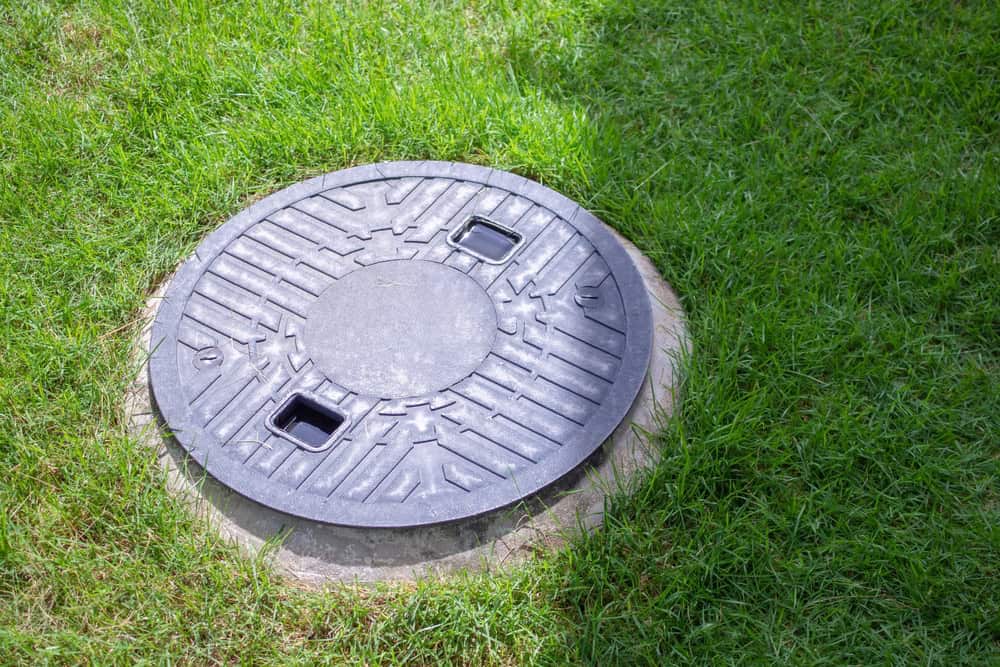
First, we locate and open your septic tank access covers. Our technician inspects the tank to assess sludge levels and check for any obvious issues with baffles or the tank structure.
Next, we pump out the accumulated solids and liquids using our specialized vacuum truck. We remove all the sludge and scum layers that have built up since your last pumping, restoring your tank’s full capacity.
Finally, we transport all waste to approved treatment facilities for proper disposal. Before we leave, we’ll let you know what we found, answer any questions about your system, and recommend a timeline for your next pumping based on your household size and usage patterns.
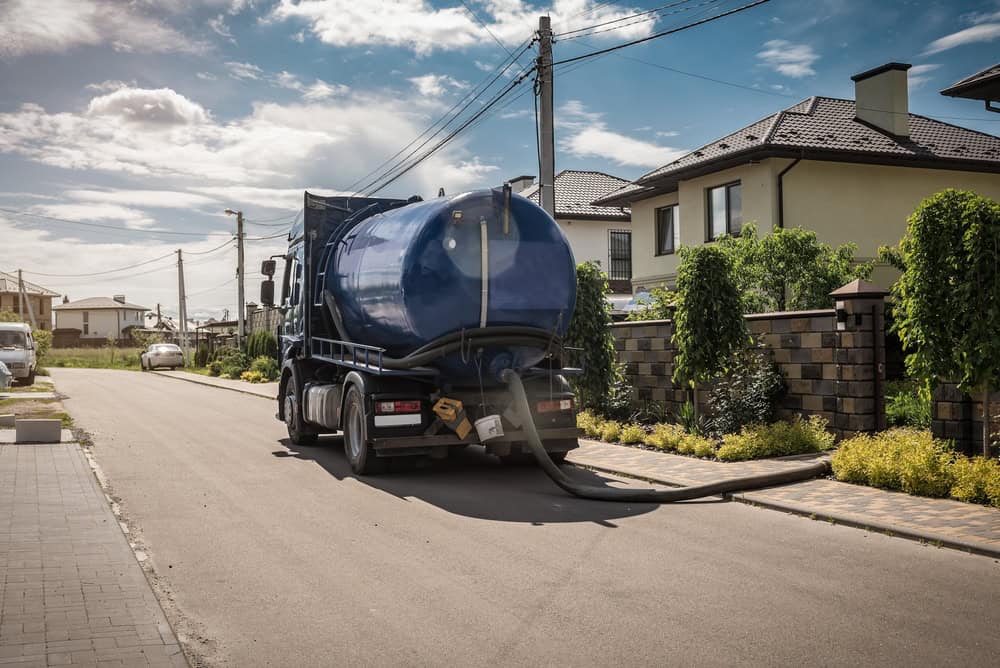
Ready to get started?
Our septic tank pumping service includes a thorough inspection of your entire system. We check inlet and outlet baffles, measure sludge levels, and look for signs of damage that could lead to expensive repairs down the road.
We also clean the tank walls and remove all accumulated grease and debris that regular pumping might miss. This comprehensive approach extends your system’s life and helps prevent premature failure.
Every job includes proper waste disposal at licensed facilities and a clear explanation of what we found. We’ll tell you honestly whether your system needs attention beyond routine pumping, and we’ll explain your options in plain English without pressure tactics.
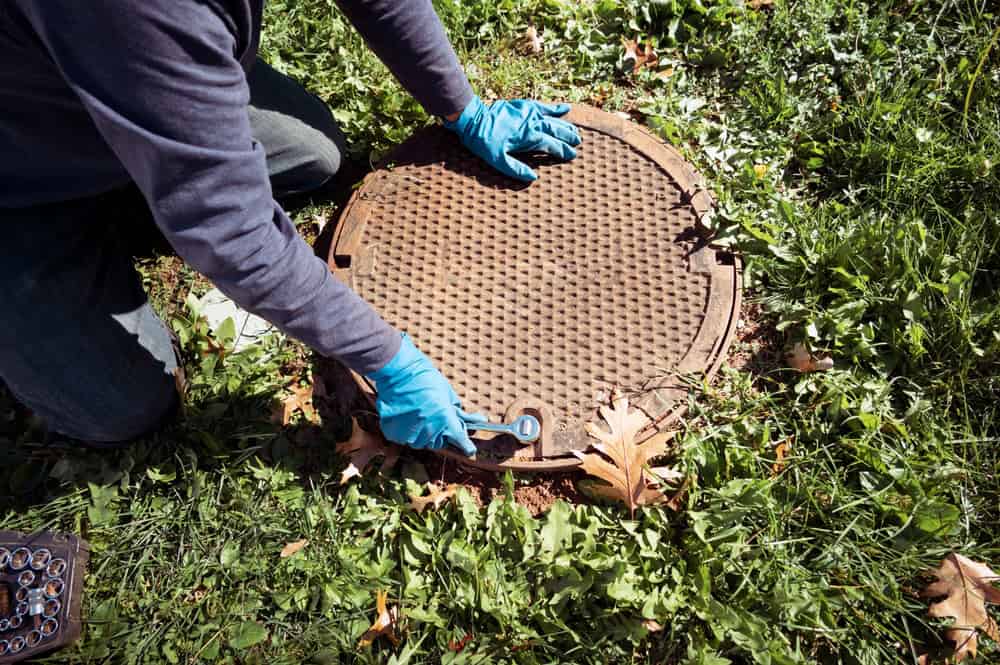
Don’t let cesspool issues disrupt your day. Reach out now for a free estimate and expert service.
©2025 Quality Cesspool All Rights Reserved. SEO Company NYC – Web Design & SEO by Hozio